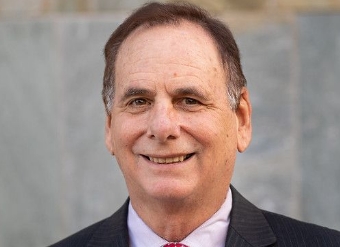Chandler Housing has established payment standards by bedroom size that is a guideline for determining the maximum subsidy we can pay for a family. This payment standard is generally a gauge of the current rental market. However, each unit is evaluated by the Inspector on a case-by-case basis. Each unit's rent must be reasonable and comparable to unassisted private market rental units of similar size, location, amenities, quality, unit type, maintenance, utilities and services. In no case can the rent be more than comparable available unassisted units.
The Housing Authority determines the tenant's portion of the rent. The owner may not, under any circumstances, charge or accept additional payments from the family for their share of the rent that has not been approved by Chandler Housing.
Rent increases are not automatically implemented and can only be requested 60 days prior to the annual renewal. The landlord must give the tenant at least a sixty (60) day written notice of increase before it can go into effect. A copy of the increase with the tenant's signature must be submitted to Chandler Housing before the rent increase can take effect.
Chandler Housing does not put a limit on the amount the landlord can request for an increase; however, the new requested rent must be reasonable in comparison with other similar units in the area. Once Chandler Housing receives the notice of rent increase, a rent comparability study is conducted to determine if the new rent for the unit is reasonable in comparison to unassisted private market units in the area.
If it is determined that the rent is not reasonable, Chandler Housing will contact the landlord and advise him/her of a reasonable rental amount for the unit. If the landlord does not agree to the amount, Chandler Housing and landlord will have to negotiate another acceptable amount or the owner can provide the family with a notice to vacate.
Landlords are allowed to charge a security deposit similar to what is being charged to renters in the private rental market. You can ask for as much is allowable under local law, typically one month’s rent. However, you cannot legally ask more in a security deposit from a Section 8 applicant than you would ask of any other applicant.
The Housing Authority does not assist with Security Deposit funds. The tenant is responsible for paying all of the security deposit.
Unless the landlord includes utilities in the rent, the tenant is responsible for the payment of the utilities. The landlord decides which utilities they will provide as a part of the rent and which utilities the family will be responsible for.
Utility service, including water, must be on at the time of the move-in inspection. Utilities that the Section 8 participant pays for cannot be master metered or shared with another unit or common area and must be billed directly by the utility service provider. If a family is responsible for paying a utility, Chandler Housing generally will credit the family with a utility allowance that lowers their tenant rental share and leaves them with the necessary money to assist with utility cost.



